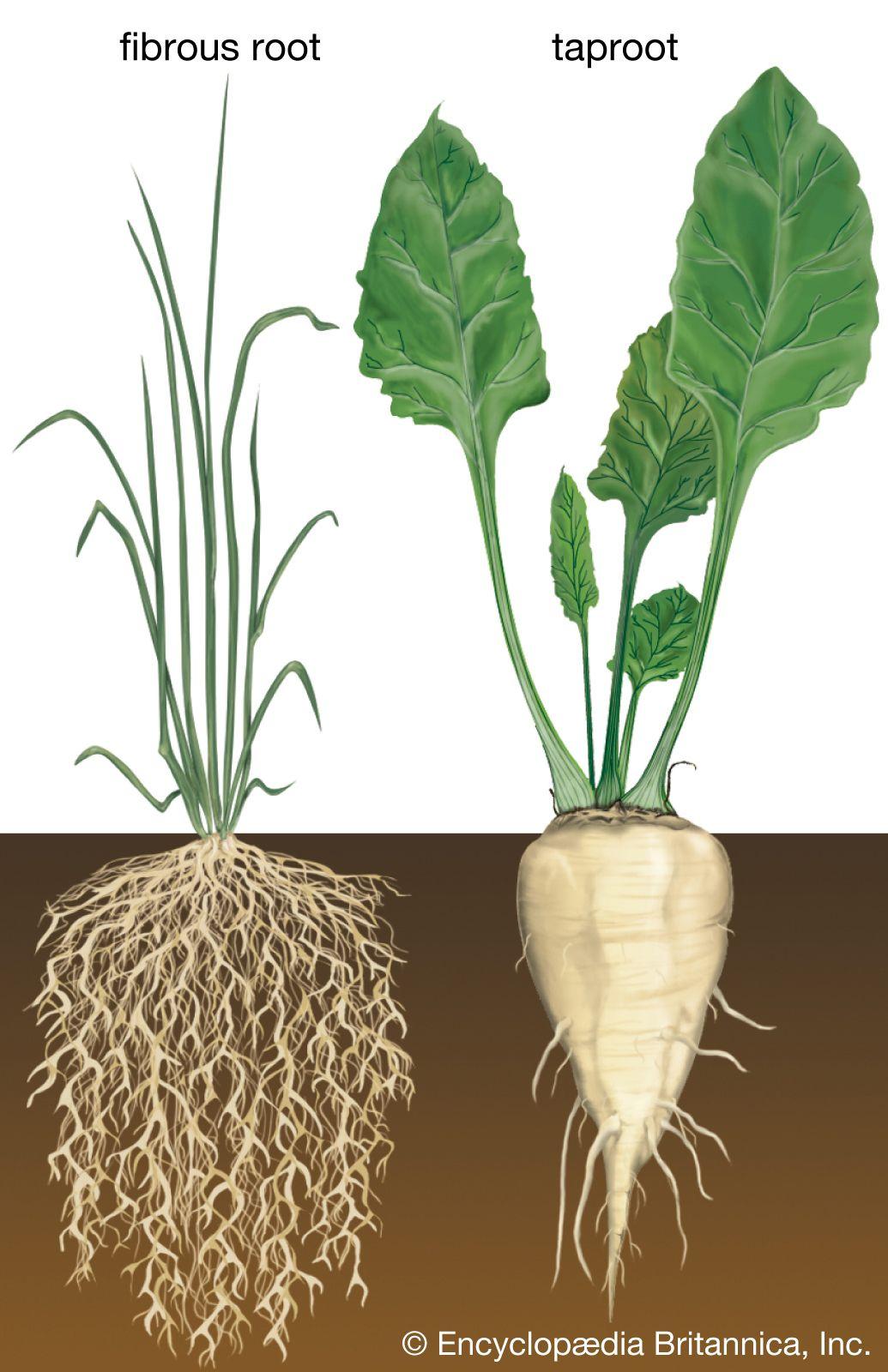Root management and care are essential aspects of plant maintenance that are often overlooked by many gardeners and landscapers. The health and vitality of a plant depend greatly on the condition of its roots, as they are responsible for absorbing nutrients, water, and providing stability to the plant. In this article, we will explore the importance of root management and share some tips and techniques for ensuring that your plants’ roots are healthy and thriving. Whether you are a seasoned gardener or a novice plant enthusiast, understanding root care is crucial for fostering strong and resilient plant growth.
Root management is crucial for the health and longevity of trees and plants in your garden. Proper root care helps ensure optimal growth and nutrient uptake, leading to lush and thriving vegetation.
Choosing the right soil is essential for promoting healthy root growth. The soil should be well-draining to prevent waterlogged roots, but also retain enough moisture to keep the roots hydrated. Consider adding organic matter like compost to improve soil structure and provide essential nutrients for the roots.
When it comes to watering, **it’s important to water deeply and infrequently** to encourage deep root growth. Avoid frequent shallow watering, as this can lead to shallow root systems that are more susceptible to drought and other stressors. Proper drainage is also crucial to prevent waterlogged soil, which can suffocate the roots and lead to root rot.
Q&A
Q: What is root management and why is it important for plant health?
A: Root management involves proper care and maintenance of a plant’s root system to ensure optimal growth and overall health. It is important because healthy roots are essential for nutrient uptake, water absorption, and overall plant stability.
Q: How can I properly care for plant roots?
A: Proper root care involves planting your plants at the correct depth, avoiding overwatering, providing adequate drainage, and using mulch to regulate soil temperature and moisture levels.
Q: How often should I prune roots?
A: Root pruning should be done when repotting or transplanting a plant. However, it is important not to prune roots too aggressively as this can harm the plant’s overall health.
Q: What are some signs of root problems in plants?
A: Signs of root problems in plants include stunted growth, yellowing or wilting leaves, root rot, and root-bound containers.
Q: How can I prevent root diseases in my plants?
A: To prevent root diseases in plants, it is important to avoid overwatering, provide proper drainage, and ensure good air circulation around the roots. Additionally, using disease-resistant plants and maintaining clean gardening tools can help prevent the spread of root diseases.
Conclusion
In conclusion, proper root management and care are essential for the health and longevity of your plants. By understanding the importance of healthy roots, implementing proper watering techniques, and providing appropriate soil conditions, you can help ensure that your plants thrive. Remember to regularly check for signs of root issues, such as wilting or yellowing leaves, and take prompt action to address any problems that may arise. With the right knowledge and care, you can maintain strong and healthy roots that will support the growth of your plants for years to come. Thank you for reading.
Simpsons Tree Services, Servicing Melbourne’s North Eastern Suburbs
Book a quote online at www.simpsonstrees.com.au




